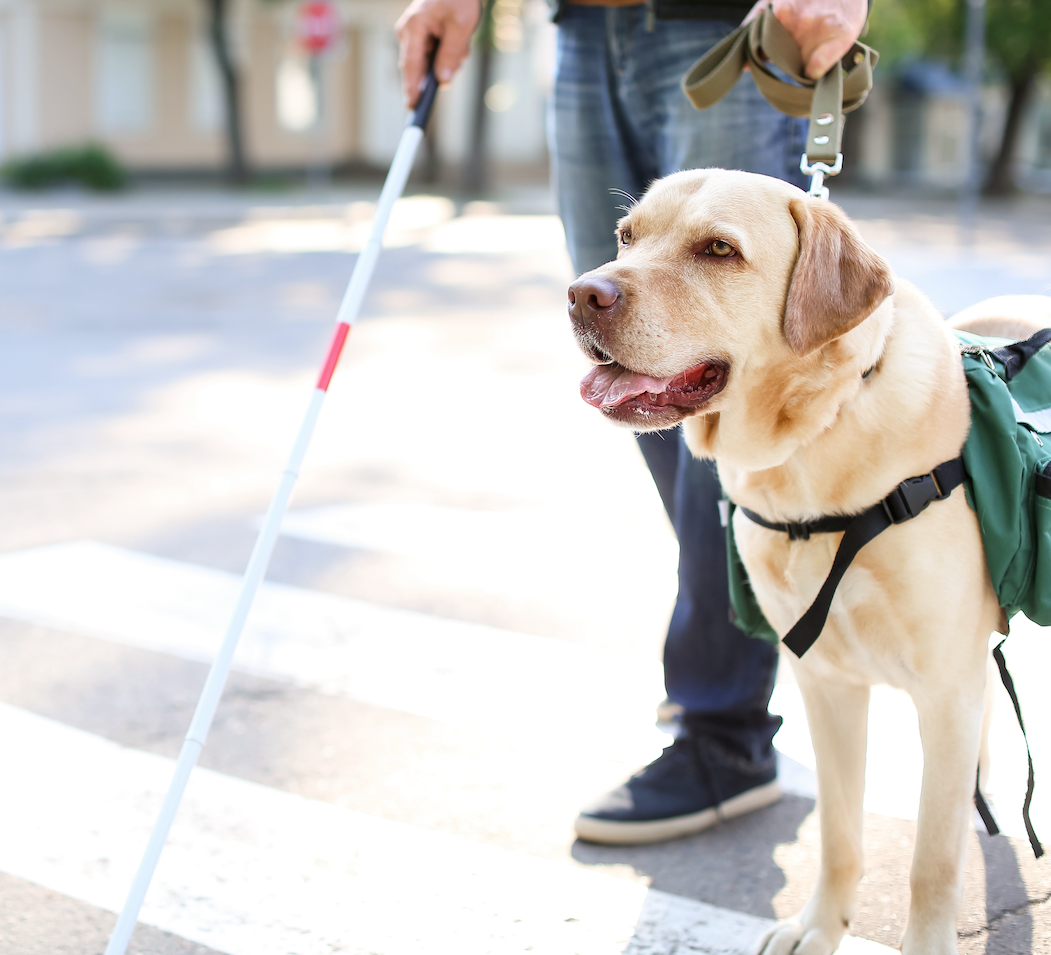Perfect treat for my rescue dog. Crunchy and helps keep her gums healthy. Sent a gift to my son for his retriever - he loved beef lung treats!
I purchase regularly. My giant babies love these. they get these as treats and entertainment. price, quality and convenience can't be matched.
Three dogs not one of them likes the hooves
I have 3 dogs, 6.5lbs, 12lbs and 75lbs. They all love these bones.
My dogs love them



